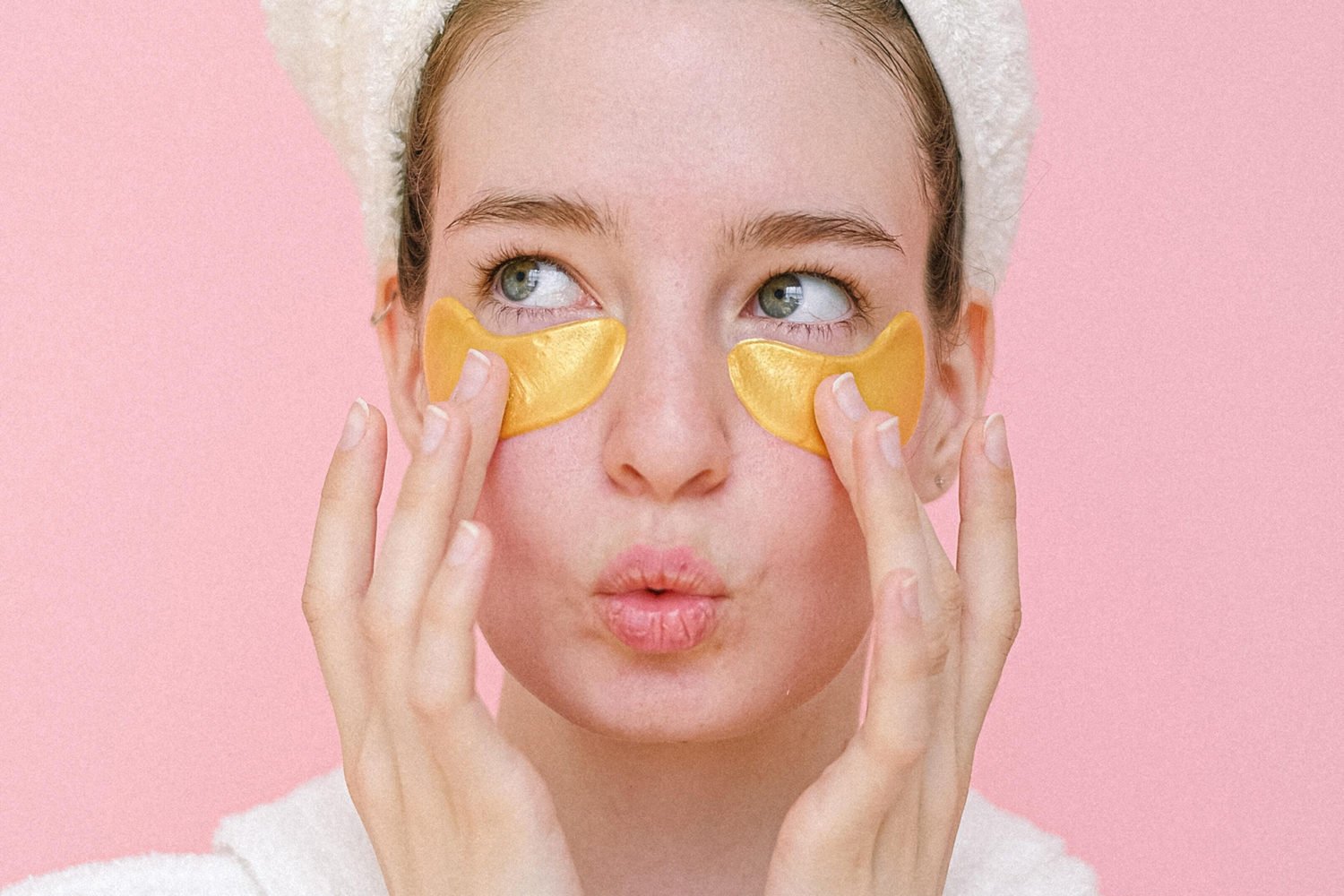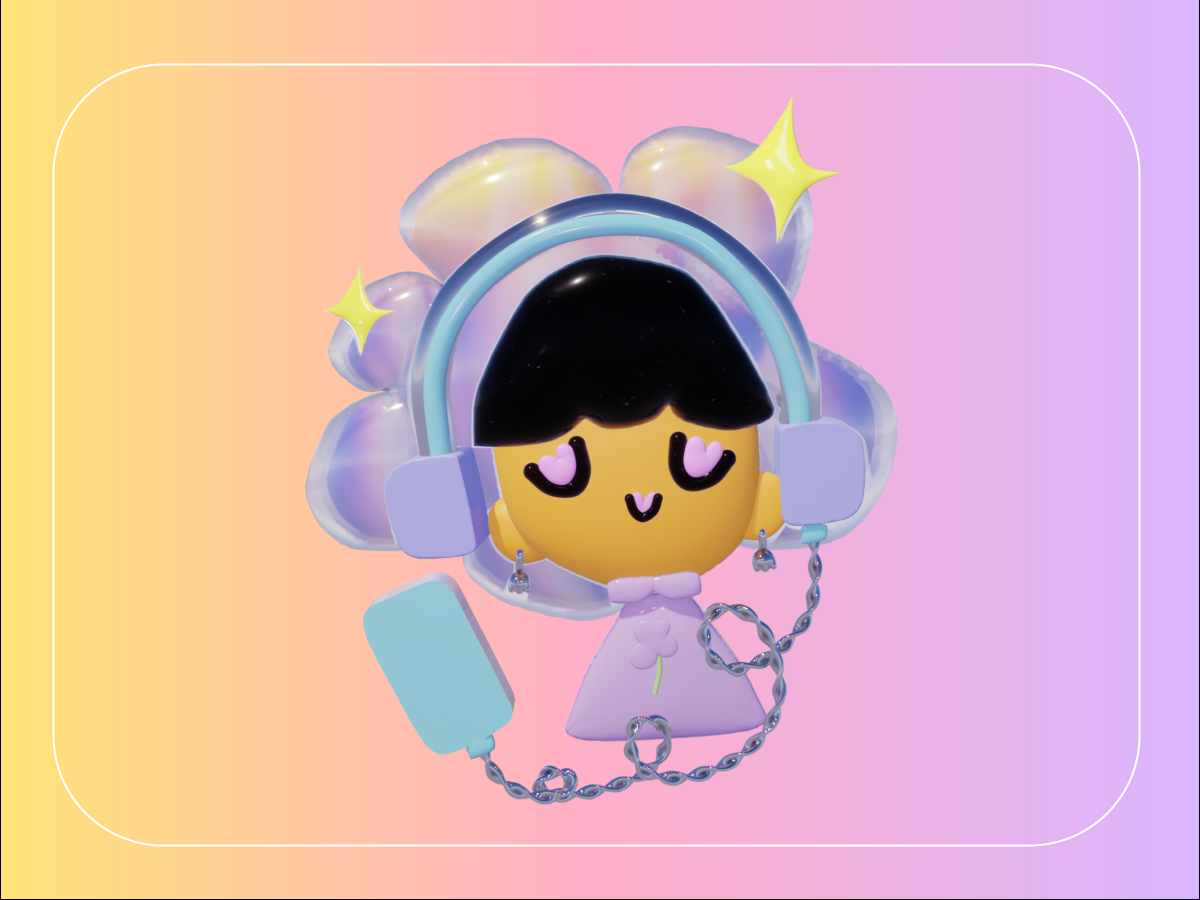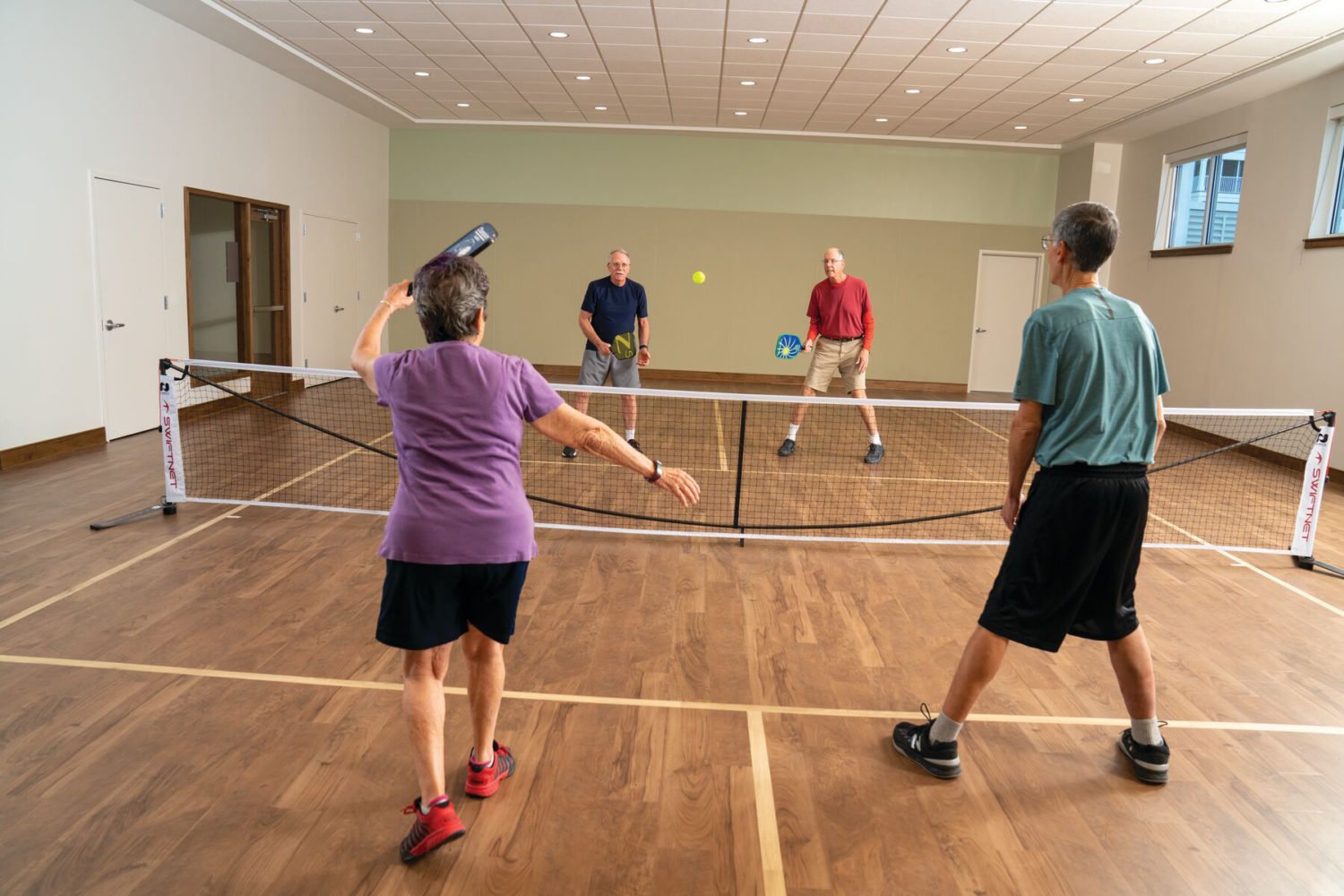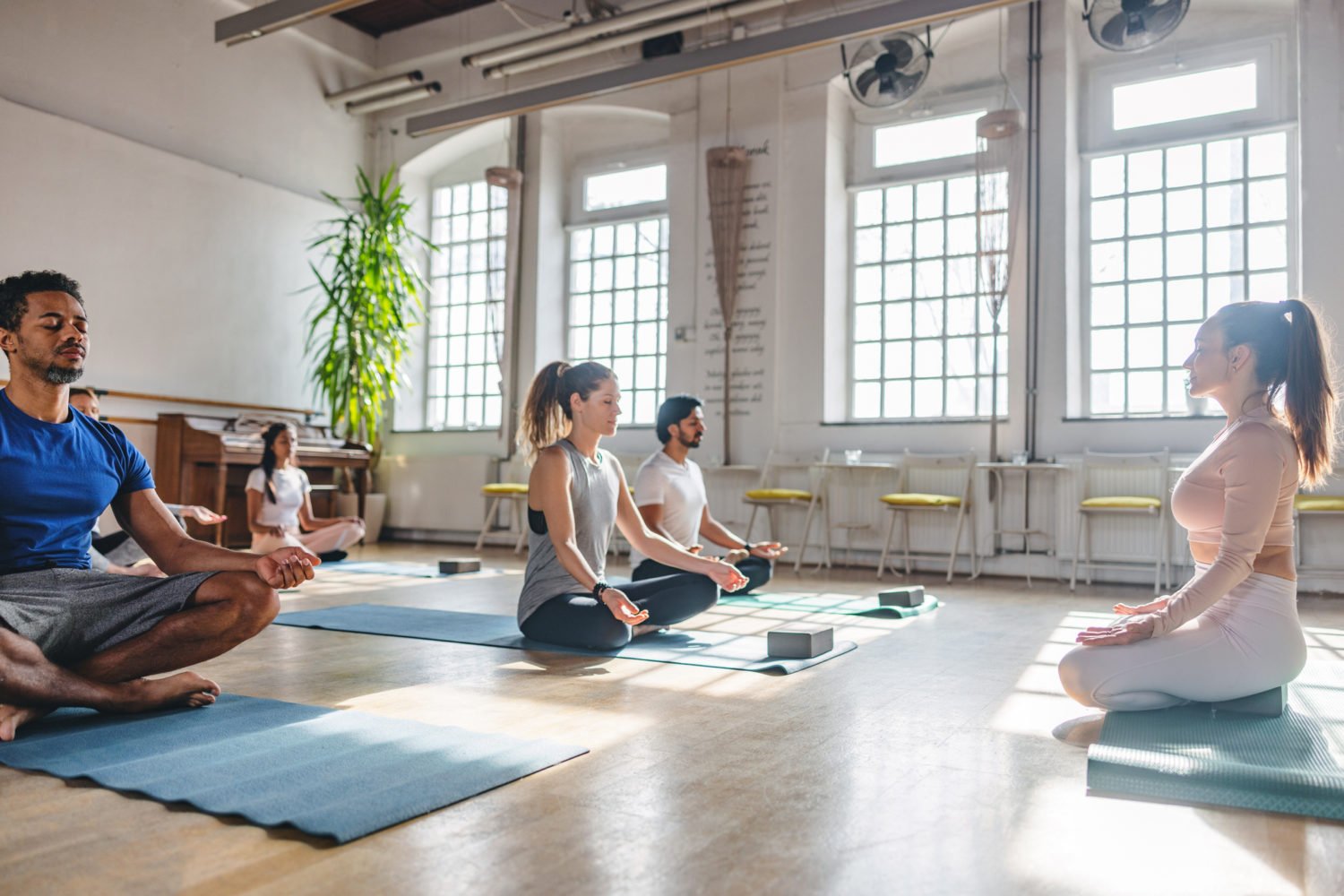When you’re ready to upgrade from your yoga studio’s grungy loaner mats, the choices can be daunting. Caitlin Van Hecke, the studio manager of Boundless Yoga near U Street, Northwest, and an instructor at Past Tense in Mt. Pleasant, says the most important consideration when looking at mats is knowing yourself: how you practice yoga, your limitations, and any injuries you may have. The rest is all about taste, but to help narrow your options, here are her picks:
THE MATS
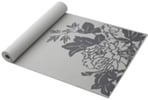
For Beginners or Those on a Budget
Any of Gaiam’s printed mats, $21.98 (We like this Prosperity print mat). “You can find these mats all over, and they’re relatively inexpensive,” Van Hecke says. She recommends these thin, lightweight mats for people who don’t plan on making flow-focused or heated classes a part of their practice. A warning, however: anyone with knee or joint injuries should look for a thicker mat for some extra cushioning.
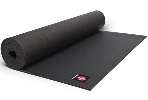
For Those Who Want to Splurge
Manduka’s Black Mat Pro, $94. “This is one of the most highly respected mats,” Van Hecke says. “It’s what I use.” The mat is thicker and, unfortunately, heavier—it weighs in at a substantial seven pounds—than its inexpensive counterparts. But it does come with a lifetime guarantee, which makes it a good potential investment for sweaty types who jump, stretch and inadvertently shred cheap mats.
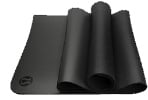
For Those Sick of His or Her Mat Becoming a Slip ’n Slide During High-Intensity Classes
Hot yoga lovers, rejoice. Lululemon’s The Mat, $68, is designed to soak up moisture without becoming slick. “It’s nice and sticky even when it gets wet,” Van Hecke says, which makes it her first choice for a sweat session.
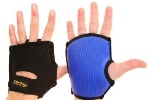
For Yogis on the Go
One option for jet-setting yoga lovers is to buy a travel mat. Van Hecke says to buy whatever’s thinnest so it doesn’t take up room in your suitcase. “But Hugger Mugger’s “Yoga-Paws” Mini-Mats, $29.95, are made for travelers—they turn your hands and feet into mats,” she says.
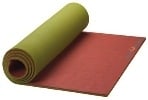
For the Eco-Conscious Yoga Lover
Jade’s Harmony Professional Yoga Mat, $69.95, is the definitive mat for eco-conscious yogis. Van Hecke says the material, a USA-made rubber, is sustainable and sweat-resistant.
TAKING CARE OF IT
Van Hecke says most mats can last indefinitely—so long as they’re properly maintained. (You’ll know it’s time for a replacement when the mat starts to disintegrate, especially around where you place your hands and feet.)
After buying a new mat, your first step should be a thorough cleaning. Mats are often treated with a protective film during the manufacturing process, which can leave even the stickiest mats feeling slick during practice. She usually sprays down her mat with water and a splash of Dr. Bronner’s and lets it air-dry outside, a process you should regularly perform to keep your mat from becoming a bacterial breeding ground.
WHERE TO BUY
Most yoga studios in DC sell mats, and Van Hecke recommends buying from one of them. Call around to see who sells which brand and then go in to test the feel and talk to one of the teachers about the mat’s advantages—a perk Van Hecke says makes the slight price mark-up worthwhile. You can also order mats online—Yoga Accessories is the most popular option, but Amazon and individual manufacturers’ sites also are good places to check.

